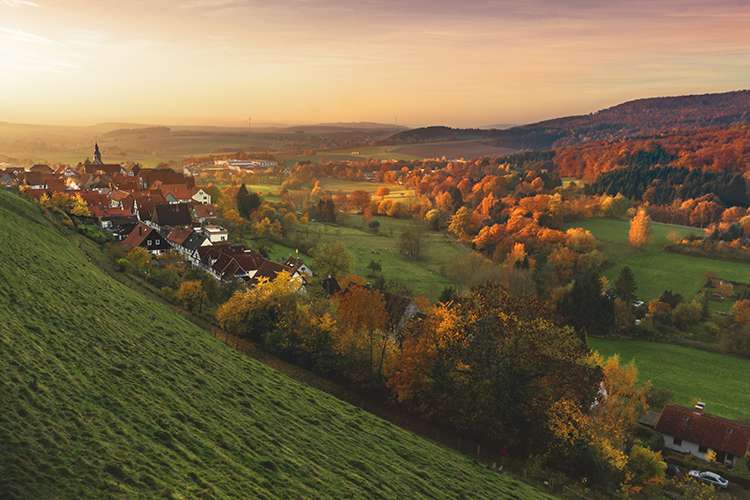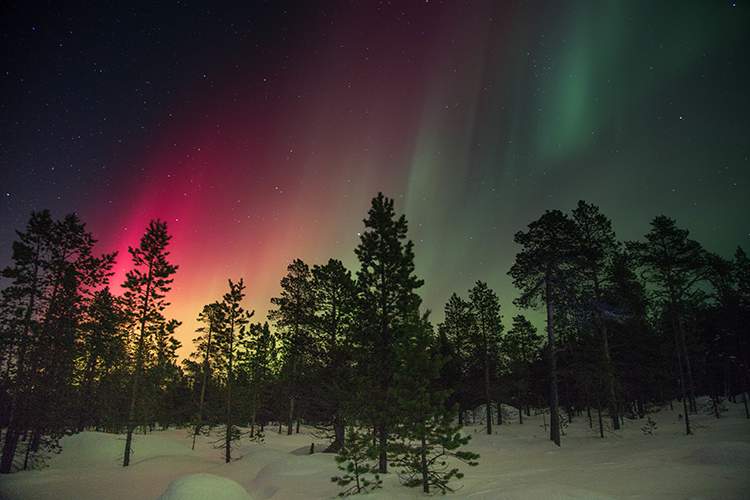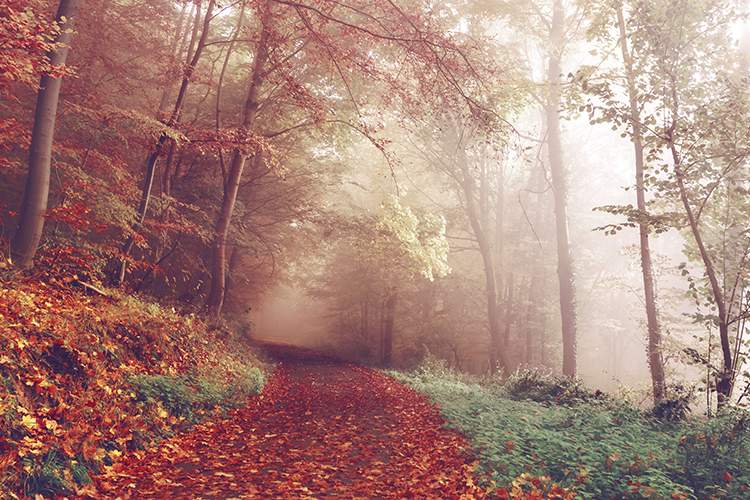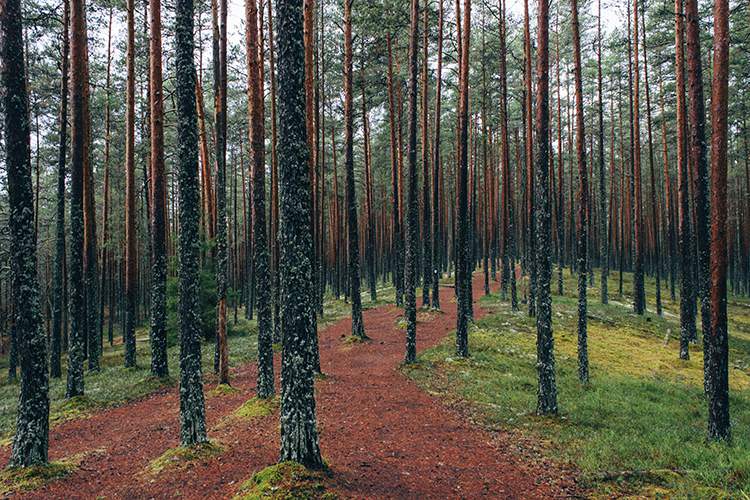Cuckoo Spit!
Ever wondered what that stuff is that looks like bits of spittle on vegetation at this time of year? Often called cuckoo spit it is in fact caused by the tiny larvae of the froghopper, known as the spittle bug.

Ever wondered what that stuff is that looks like bits of spittle on vegetation at this time of year? Often called cuckoo spit it is in fact caused by the tiny larvae of the froghopper, known as the spittle bug.
We were noticing lots of mining bees in the sunshine last week so I thought I would find out a bit more about them. They are solitary bees and the females burrow nests under the ground which can be down

EXCITING NEWS!!!! We are delighted to be a recipient of Tesco’s #BagsofHelp initiative. We have been chosen to receive a grant to assist Warrington schools to get children out into nature. How much funding we get depends on public vote

A marvellous first day at our forest school summer holiday club. Day one of…Den in the Woods and what an adventure we had 🙂 We made dens, played games, did lots of crafts using wool, sticks, clay and paracord. Went
I’ve been volunteering this morning for the Woodland Trust, Mersey Forest and the Friends of Spud Wood this morning in their wood allotments. They have had a contractor in to fell some of the trees to thin the plantation out a bit, allowing

We’ve been playing a variant of a manhunt game quite a lot at Chaigeley School recently which we call Jailbreak. This week we have been developing the rules to make the game more dynamic, and have come up with a

Eh? What? Trophic cascades? What’s that then? Forest school has helped me to understand, and even to notice, the natural world around us. It is great to see children with their enthusiasm start to take an interest in the wildlife

Woodlands provide a rich and stimulating environment for learning. There are a wide variety of natural materials available for children to use. The environment is constantly changing in obvious or subtle ways depending on the time of year, time of

One of my favourite Forest School activities is what I call the woodland hunt. I hide a load of soft toys of fauna that may be found in a woodland habitat, putting them where they are most likely to be.

Look closely and you will see how the children have been highly creative in their constructions. They have built using various methods and with different reasoning and for different purposes. They have solved problems both in their imagination and physically

At first glance it looks like nothing, but this is something which provided the children with a lot of enjoyment and learning and cost nothing. Leah said to me she had made a dragons house and would I like to

We had great fun in the after school club today. The children were really enthusiastic which is always so nice to see. They all got to use the bow saw and the hand drill and learned how to tie a

For me, psychological theories of learning are tools, ways of looking at how children learn, so that I can find effective ways of allowing that learning to happen. All children are different, in the ways they behave, learn and think,

It is widely thought that the ‘native’ species of tree in Great Britain colonised our islands after the last ice age, before the formation of the English Channel around 8,000 years ago. They gradually colonised from Europe as the climate

Nature is amazing! Some of the children (and adults) were looking at these. – Spangle Galls – Some tiny wasps (cynipid wasp Neuroterus quercusbaccarum) lay their egg on the oak leaf, puncturing the leaf and activating it’s defences. The leaf